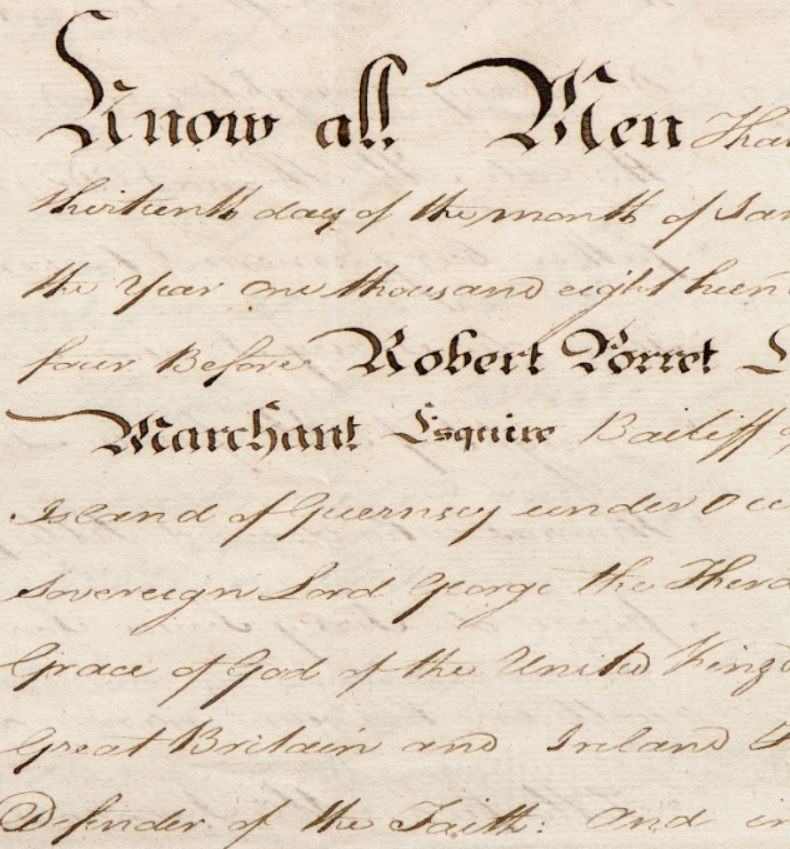- UNITS
- Unit 7 - Lord Mansfield
- The Game of Words
- Prof. Quinn and Paul's Conversation
- Eloquence
- Latin Phrases
- Language Knots
- Test Corner
- LEARNING

♦ This introductory exercise aims to give you a feel for the sound and rhythm of the language, whilst presenting an overview of the maritime topic at hand. ♦ By reading and then listening to the accompanying audio, you’ll discover how words are pronounced and some simple sentence structures. ♦ Once you are comfortable with how the written and spoken words are connected, you’ll be ready to focus on keywords in the next exercise.
Lord Mansfield
Law in the United Kingdom, at sea and on land, is not based on the kind of formal ordinances or fixed legal codes as we’ve studied elsewhere.
English law is grounded on case law, that is, the previous decisions by judges that build up precedent. Therefore, British judges and their decisions are important in the development and progression of British law, and arguably there is no person more responsible for the historical development of UK law than William Murray – Lord Mansfield.
To understand his contribution, we must understand his time and place: 18th century Britain. This was a time of transition for the UK; the country was reckoning with the large-scale injustices in the slave trade, the severe criminal code, religious intolerance for political reasons, bureaucratic corruption and a half-functioning democracy. At the same time, imperial trade was expanding rapidly, the technology of the Industrial Revolution was emerging, and freedoms of speech and the press were better protected than in many other nations. The UK was rapidly changing, and its legal system needed to keep pace with progress. And there would be just a few men to guide that change; in 1783 there were less than 350 men ‘at the Bar’ (with legal qualifications).
William Murray was born in 1705, the son of a minor Scottish aristocrat. His scholarly ability was noted at Westminster School and later at Oxford University, where he focused on the oratory of Cicero and Demosthenes, and Aristotelian ethics, both good preparation for a legal career, which began after he qualified for the Bar at the age of 25. Twelve years later, he was made Solicitor General and entered Parliament. He was known as a great speaker and led his party, though in hindsight his political decision-making has been criticised as one-sided and unenlightened. He was Attorney General before forcing his way to becoming Chief Justice in 1756 at the age of 51, and thus he was raised to peerage and so made Lord Mansfield.
Lord Mansfield led the King’s Bench as Chief Justice for 32 years and made countless decisions that shaped the British legal system for centuries to come. Mansfield introduced into English case law the Rhodian laws, the Consulato del Mare, the laws of Oleron, the treatises of Roccus, the laws of Wisby, and the marine ordinances of Louis XIV. Mansfield is noted for keeping a balance between the fixed precedents of common law and the morality and general principles of civil law. This balance enabled him to update and progress UK commercial law to fit an emerging global economy. He brought the efficient customs and practices of merchants into UK commercial law.
His rulings modernised laws on bills of exchange and currencies, the payments of agents, commercial arbitration, and even restricted the use of colonial taxes. Most of all he decided commercial cases using the guiding principle of ‘Good Faith’, that is, the parties’ intentions behind contracts dominated rigid and out-of-date common law. This was the true basis for his modernisation of the British legal system.
